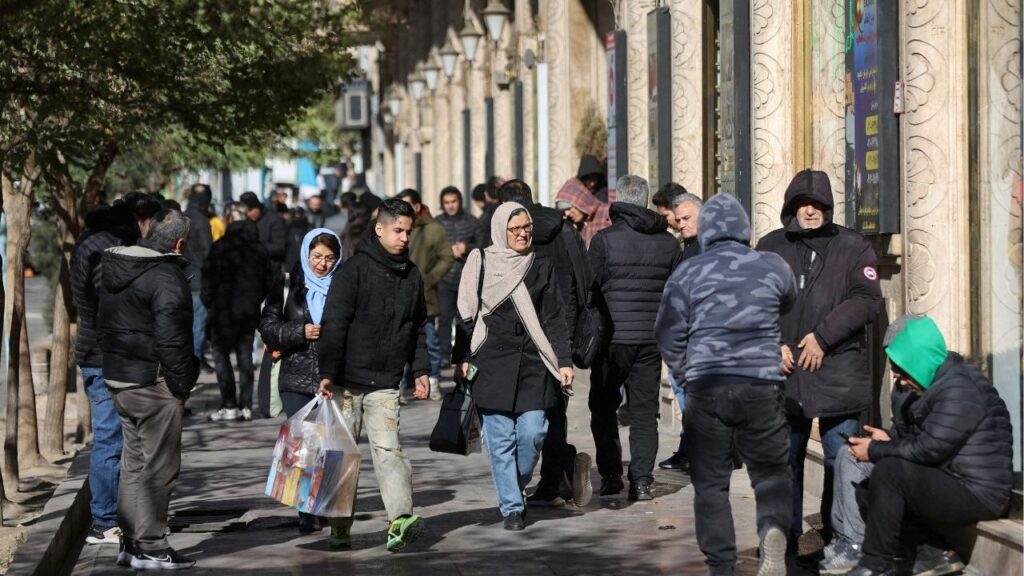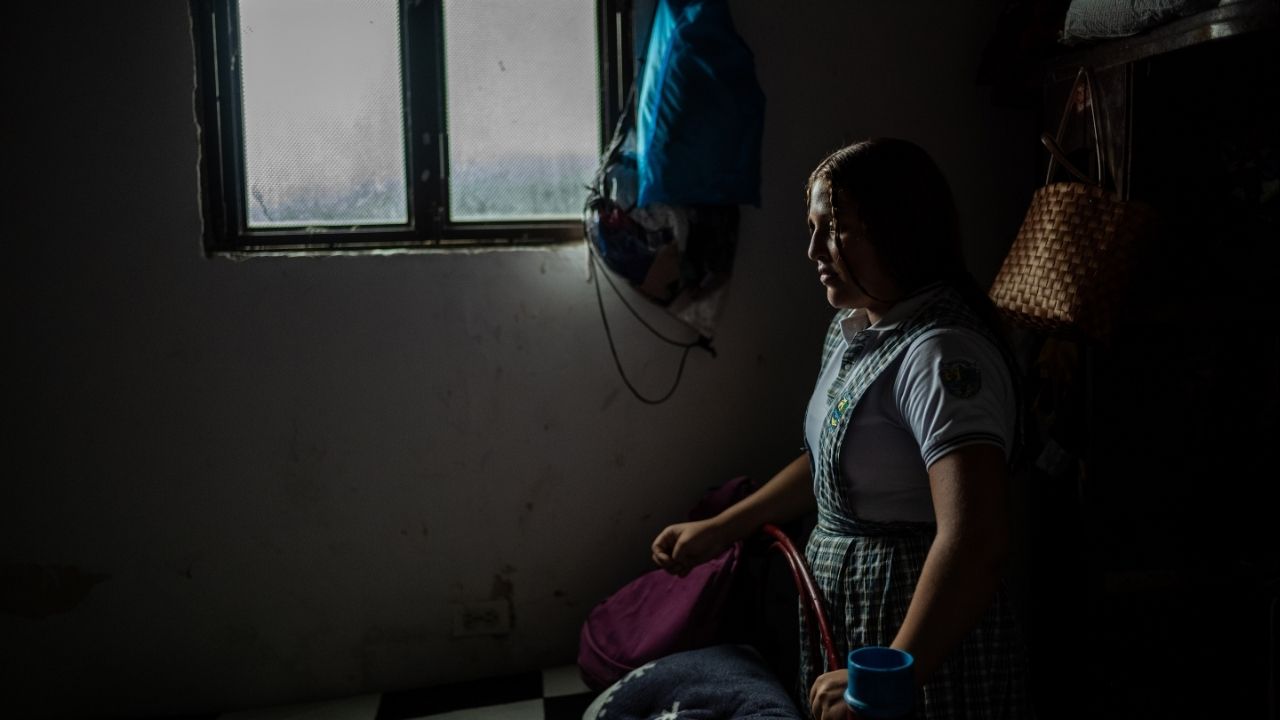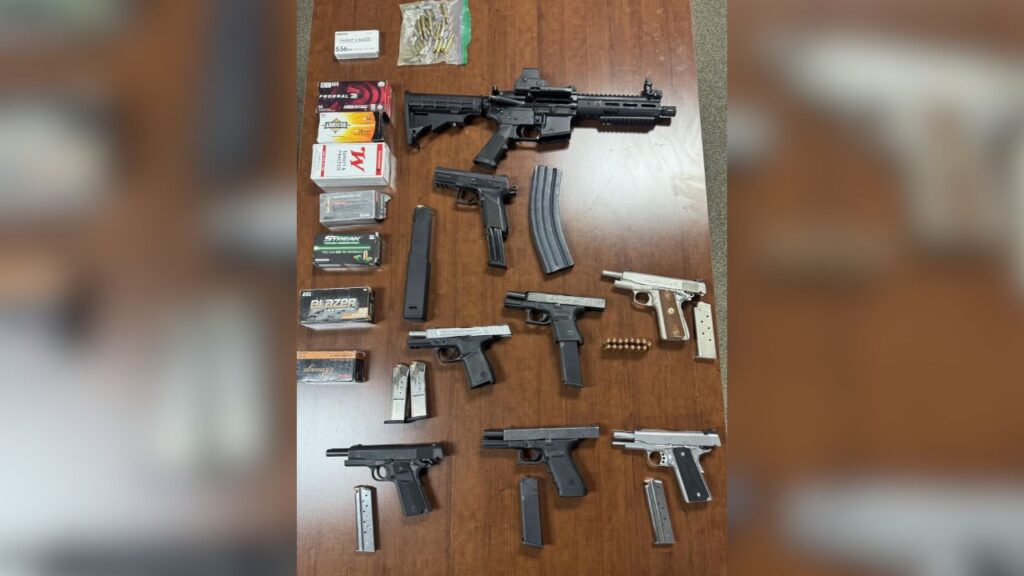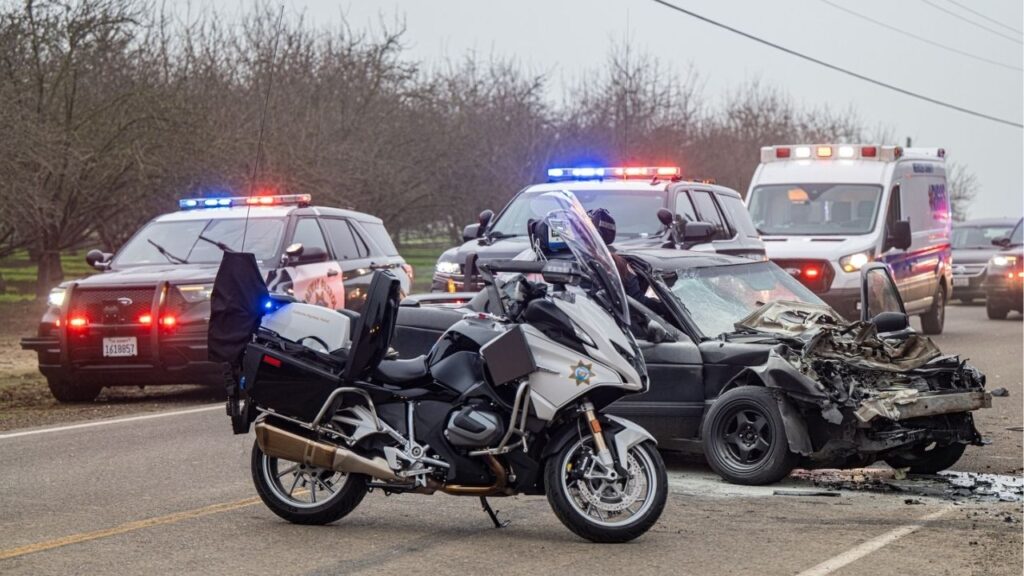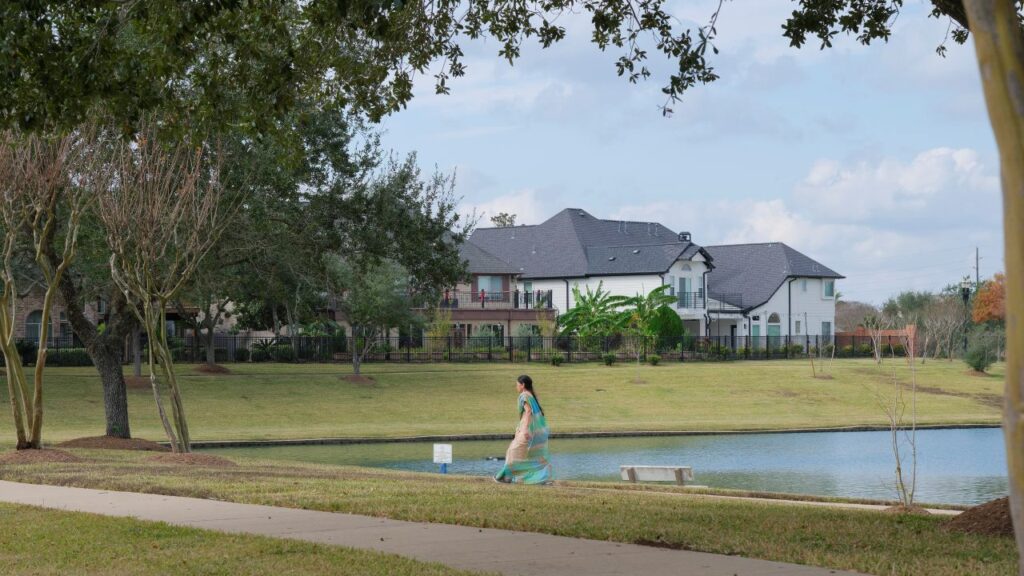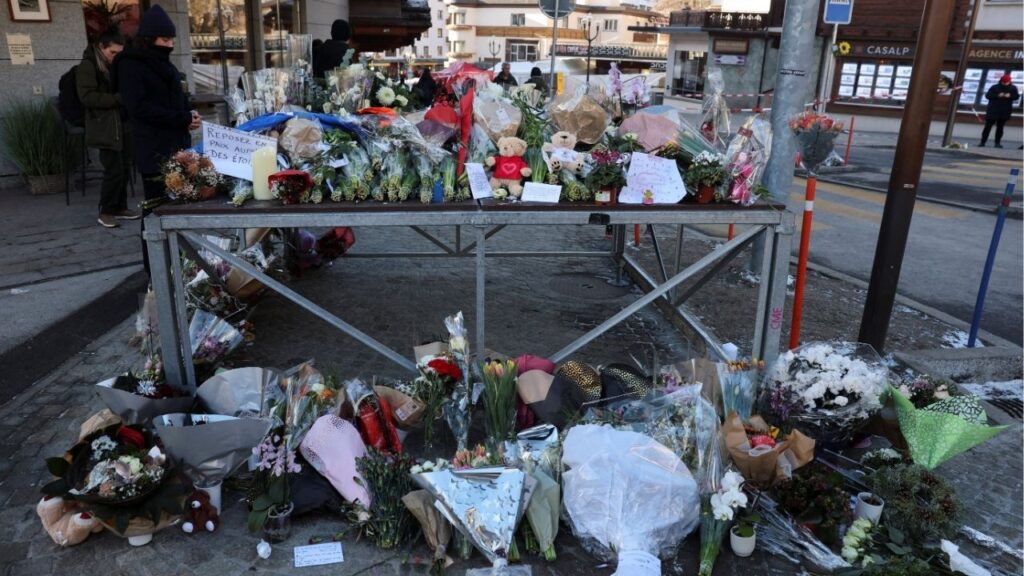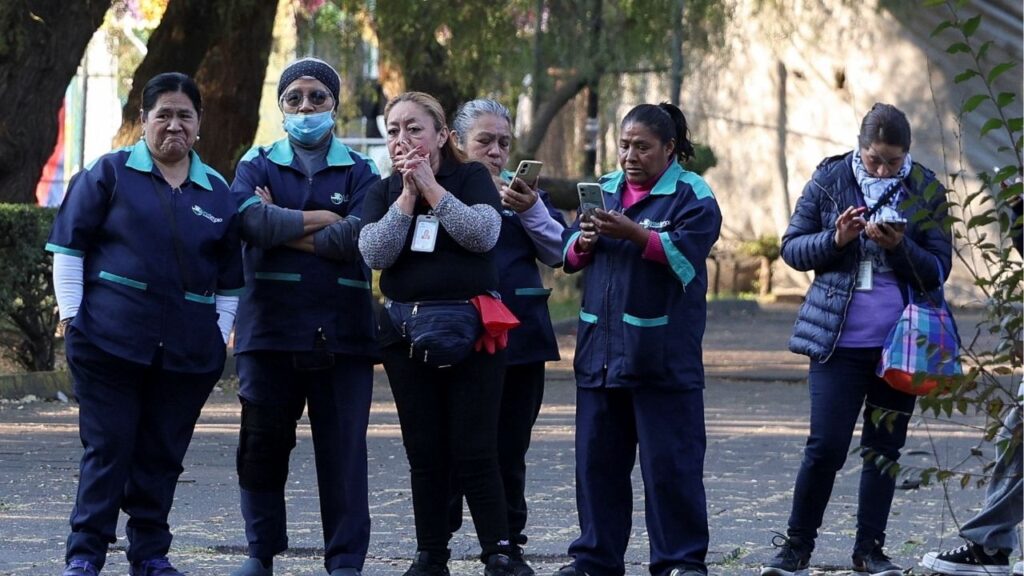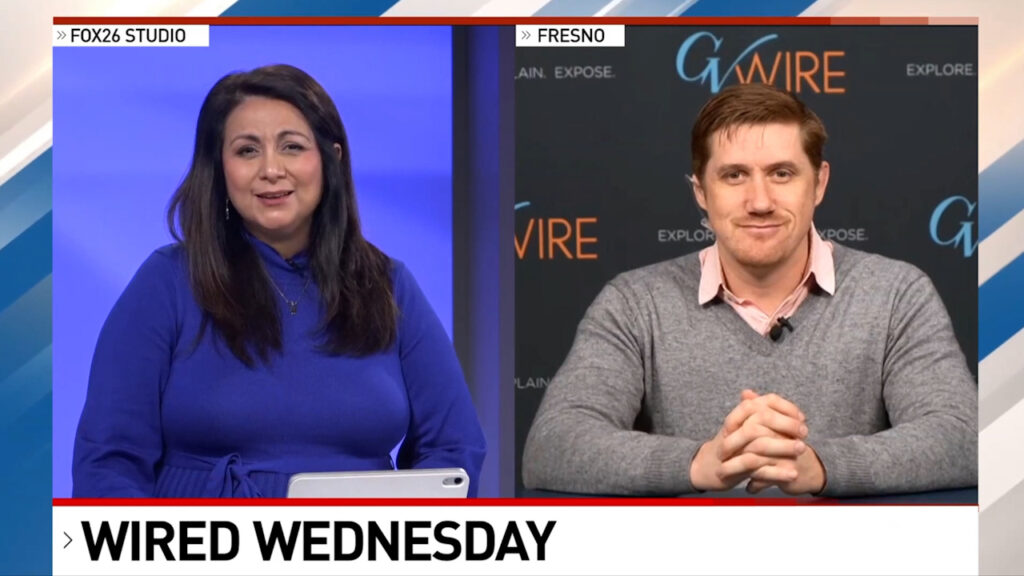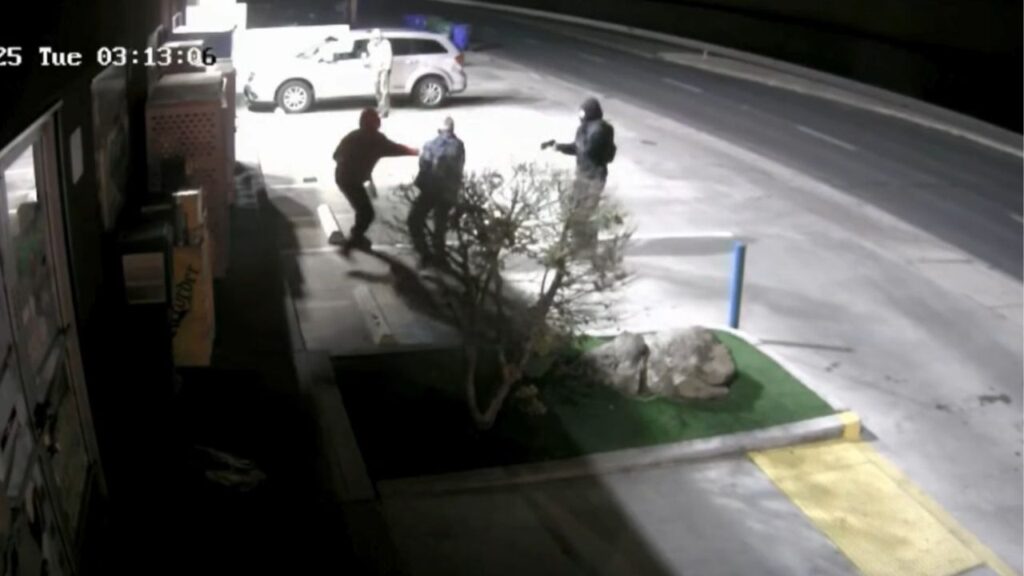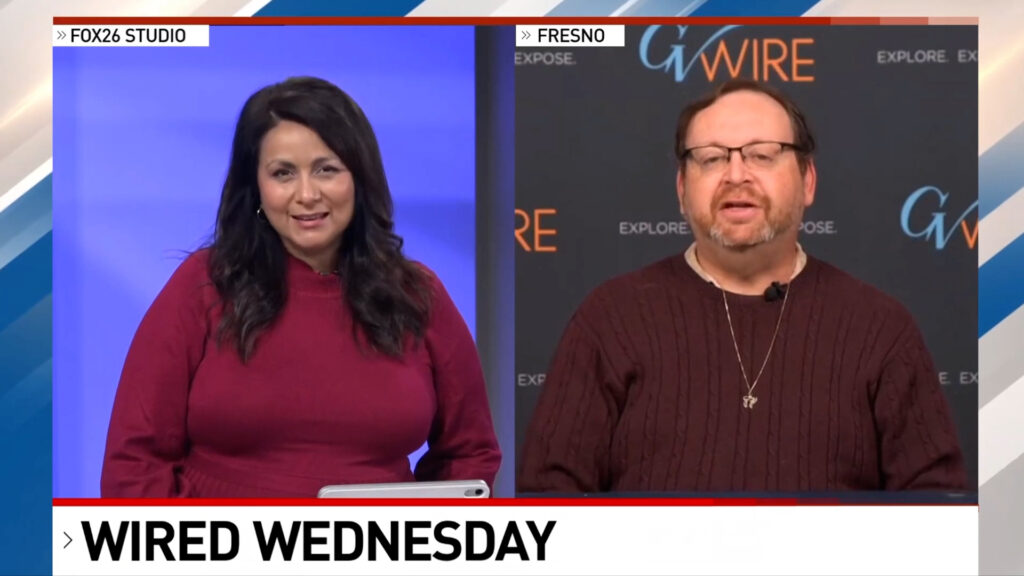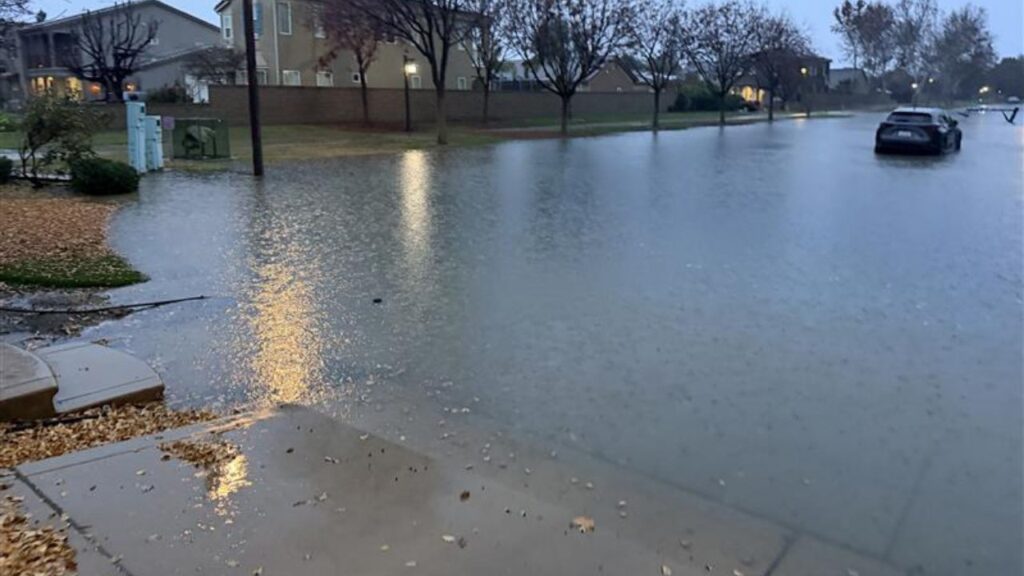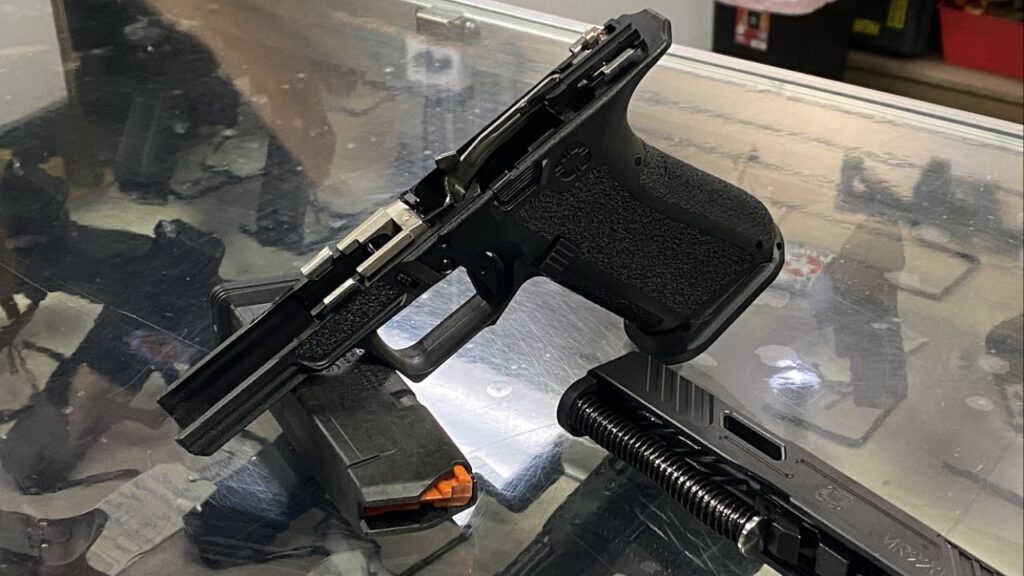Cheila Carranza, 14, in her grandmother’s home, where she lives in one room with her mother and two siblings in Santa Marta, Colombia, Nov. 12, 2025. Colombia was a top U.S. ally in Latin America until the Trump administration began deadly strikes in international waters. Now, one family wants justice. (Federico Rios Escobar/The New York Times)

- U.S. military kills four suspected drug traffickers in Caribbean strike, raising total deaths in campaign to 80.
- Operation SOUTHERN SPEAR coincides with largest U.S. troop buildup in region, including USS Gerald R. Ford deployment.
- Allies, legal experts question Trump administration’s rationale, with Britain halting intelligence sharing over potential unlawful strikes.
Share
|
Getting your Trinity Audio player ready...
|
The U.S. military on Wednesday killed another four people accused by the Trump administration of trafficking narcotics by sea, Pentagon officials said, in a strike that brings the known death toll in the administration’s lethal campaign to 80 since early September.
The officials said Defense Secretary Pete Hegseth was waiting for video of the strike — the 20th known strike since President Donald Trump authorized military action against drug cartels — before announcing it on social media. Hegseth later wrote on social media that the campaign would be called “Operation SOUTHERN SPEAR,” though he did not confirm the latest strike.
Hegseth added that “this mission defends our Homeland, removes narco-terrorists from our Hemisphere, and secures our Homeland from the drugs that are killing our people. The Western Hemisphere is America’s neighborhood — and we will protect it.”
There were no survivors, a Defense Department official said on condition of anonymity because the attack had not yet been announced.
USS Gerald R. Ford Arrives in Caribbean
Wednesday’s strike came a day after the Navy’s largest and most advanced aircraft carrier, the USS Gerald R. Ford, arrived in the Caribbean after a deployment in Europe. The Ford added to the capability of the United States to strike boats thought to be carrying drugs or to hit targets on land in Venezuela, as the Trump administration weighs further military steps aimed at ousting the country’s president, Nicolás Maduro.
The 20th strike, first reported by CBS, took place in the Caribbean Sea, a Defense Department official said. The official said that an announcement was expected soon. Most of the strikes have hit boats in the Caribbean, though more recently they have expanded to targets in the Pacific Ocean.
The arrival of the Ford and three missile-firing Navy destroyers adds about 5,500 military personnel to a force of 10,000 troops already in the region, roughly half ashore in Puerto Rico and half aboard eight warships. With more than 15,000 military personnel, the U.S. buildup is the largest in the region in decades.
Trump administration officials have provided little evidence for their claims that the people killed on the boats were smuggling narcotics. The officials say the boats have been in international waters.
A wide range of specialists in laws governing the use of force have denounced the killings as illegal because the U.S. military is not allowed to intentionally target civilians who pose no threat of imminent violence, even those suspected of being criminals. The administration maintains the strikes are lawful because Trump has “determined” that the United States is in a formal armed conflict with drug cartels.
American allies have also challenged the administration’s narrative and rationale. Britain has stopped sharing intelligence with the United States about possible drug-trafficking vessels in the Caribbean because it does not want to be complicit in the U.S. military strikes and believes the attacks are illegal, according to a senior Western official, who spoke on condition of anonymity to discuss diplomatic and intelligence matters.
Britain’s decision marks a significant disagreement with one of America’s closest allies and underscores the breadth of skepticism surrounding the administration’s legal rationale for the strikes.
For decades, Britain, which controls several territories in the Caribbean, has provided intelligence to the United States to help identify vessels that might be carrying drugs. U.S. Coast Guard crews could then act on that information to stop the vessels, board them, seize any drugs and detain the crews.
But soon after the first U.S. strikes in early September, Britain suspended the flow of intelligence to the Pentagon’s Joint Interagency Task Force South, stationed in Key West, Florida. The task force includes representatives from several nations and works to reduce the illicit drug trade, the senior Western official said.
—
This article originally appeared in The New York Times.
By Helene Cooper and Eric Schmitt/Federico Rios Escobar
c. 2025 The New York Times Company
RELATED TOPICS:
Categories

Wall Street Opens Higher on First Trading Day of 2026
